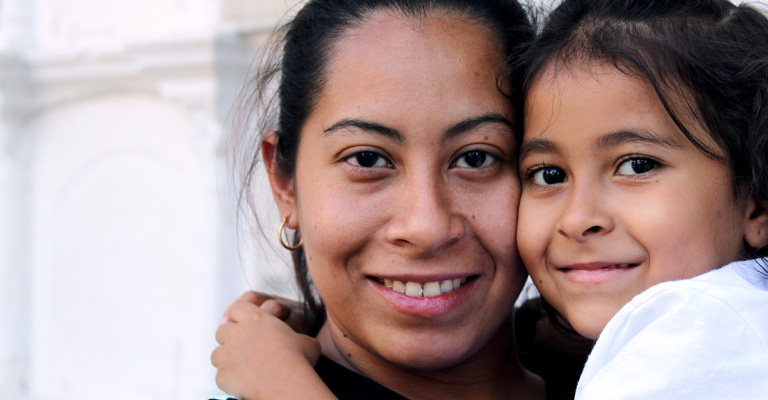Can a Child Refuse To See a Parent?

A child over the age of 18 can refuse to see a parent, and this decision isn’t within the purview of the Court to consider. A child under 18 doesn’t have a legal right to not see a parent per se. Whether they see a parent or not will largely be determined by what is considered to be in their best interests – however their views on the matter may be taken into consideration if they are deemed mature enough (usually over the age of 12).
has no automatic legal right to refuse to see a parent after divorce. Parents will decide privately about parenting arrangements by agreeing on what is best for their children or by the courts after evaluating the family dynamic.
However, a child can express their preferences in Australian courts. Generally, a child’s perspective begins to carry more weight in these decisions at around the age of 12.
After a divorce, there are occasionally instances where a child refuses to see their parent. While parenting arrangements can temporarily mandate a child to split time between the parents, at a certain age and maturity it is permissible for the child to make their own decisions about how they spend their time.
When Does a Child’s View Have Weight?
If a child is over the age of 18, then they are legally an adult and the court can no longer make orders in relation to parenting them.
If they are under the age of 18 the court has discretion on how much it value’s the child’s view. Age is a factor of consideration – the views of a 17 year old will, on average, be viewed as more important than that of an 8 year old.
The most important factor of consideration, however, is the level of maturity of a child. When making parenting orders the court’s paramount consideration is the wellbeing of the child. Thus, if a child has a high level of understanding of their actions and the reasons behidn them, the court will often defer to that child’s opinion.
This can have a significant impact on a particular case. A mature 12 year old child with rational decisions behind why they don’t want to see a particular parent can be far more persuasive than an immature child with an illogical basis.
How is a Child’s Level of Maturity Determined?
The court usually determines a child’s level of maturity through a report conducted by an independent professional, usually a social worker, counsellor, or psychologist. This person will allow a child an opportunity to express their views and assess their level of maturity.
The Court can further act on information provided by an appointed Independent Children’s Lawyer, or from affidavits from parents, teachers and other relevant people close to the child.
Importantly, there are a number of other factors besides the child’s maturity which the court considers. These can include issues such as the child’s relationships, whether they’ve been unduly influenced, or the practical efficacy of maintaining a child’s relationship with a particular parent.
Why Might a Child Refuse to See a Parent?
There are a range of reasons as to why a child might not wish to see a parent. Often these reasons are quite practical, such as their time commitments or idiosyncratic preferences as to which parents they ‘like.’ Here, a court can make parenting orders for that child to see the parent on the basis that the child has relatively trivial or short-termist views and may not know what’s best for them. However, going to court can be costly and disruptive to the child’s relationship with a parent. Furthermore, the enforcement of parenting orders can often be impractical. It is often difficult and restrictive to police the activities of a teenager.
Thus, tt is advisable to talk to the other parent or the child themselves to work out the underlying issue and come to a compromise. Often formal mediation can also be helpful in family law cases prior to litigation.
In other rarer but concerning circumstances, a child may not want to see a parent because they’ve been influenced by the other parent to think negatively of them. This is explicitly in contravention of the spirit of parenting orders. If this situation arises, it is strongly recommended to seek legal advice.
How to Seek Help?
Ultimately, whether a child has the capacity to make their own decisions is a tricky and very subjective determination. Whether you are a parent who has a child who is refusing to see them, or a parent unsure what to do when your child refuses to see another parent, legal professionals can help you delicately navigate the situation and ensure the maintenance of good parent-child relationships. Contact us via the form to find appropriate legal advice for your circumstances.


